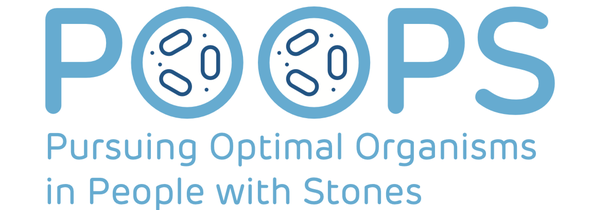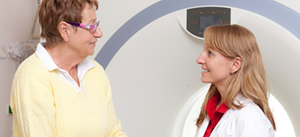Loading...
Found 54 healthy trials
A listing of healthy medical research trials actively recruiting patient volunteers. Search for closest city to find more detailed information on a research study in your area.

This study aims to identify the interplay between behaviors and genes on growth and development among children ages 5 to 7. It assesses the extent to which children's eating, sleep, and physical activity behaviors impacts their weight development over a 1-year period.

The incidence of kidney stone disease, especially among children, has risen rapidly. The goal of this study is to determine how what you eat and drink (your diet), antibiotics you take, and the bacteria that live in your gut (microbiome) contribute to developing kidney stones.
Establish a scalable reference library of anatomical 3D maps of the thoracic duct in healthy individuals Map lymphatic vessel 3D molecular maps of the tissue sample obtained during thoracic duct-venous re-anastomosis surgery to 3D cross-sectional (MR and/or CT) imaging of the region of interest 3. Coordinate with the HuBMAP Consortium …

The research study is for Glioblastoma (GBM) patients beginning Optune, a therapy that uses - tumor treating fields (TTFields). As a part of this study participants will either receive Optune with standard treatment array mapping from MR imaging or an alternative treatment array mapping based on advanced MR imaging also …
To assess TMS-EEG abilities to aid in diagnosis, prognosis, and classification of TBI patients and predictions of clinical outcomes as well as to assess Delphi-MD abilities in the classification of TBI injury in comparison to standard brain measures. Differentiating between healthy controls and TBI participants in measured outputs of the …
Aim 1. Leverage existing biobanked oral, gut, respiratory tract and blood specimens of generally healthy adults for immediate initiation and scale-up of cross-sectional and archived longitudinal sample virome characterization. Aim 2. Access and re-enroll participants from previously-established cohorts, including those linked to the existing biobanks, for prospective virome sample collection …

In recent years, diabetes has emerged as one of the most significant co-diseases that many Cystic Fibrosis (CF) patients develop. Type 1 (T1D) and Type 2 (T2D) diabetes results when either the body does not make enough insulin or the body does not respond correctly to this insulin, respectively. Insulin …

The purpose is to investigate whether parametric response mapping measurements in healthy lung allografts can be used for early detection, prognostication, and phenotyping of CLAD. The target population is bilateral lung transplant recipients who are 6 months post-transplant or later and CLAD free at any of the study institutions. At …

The purpose of this study is to investigate the cause of brain’s reduced control of muscles in the arm after stroke. We will use brain sensors (EEG) and muscle sensors (EMG) to understand the transfer of information from the brain to the muscles in the arm. We will also study the readiness potential which is a …

We are developing an objective method for assessing motor and cognitive impairment in adults with SCD and using it to determine how we can understand the impact of SCD on aging especially with respect to cognitive impairment and motor performance in activities of daily living.